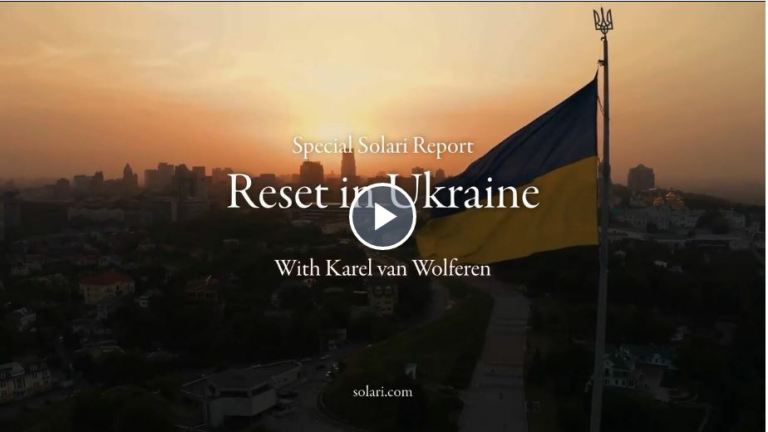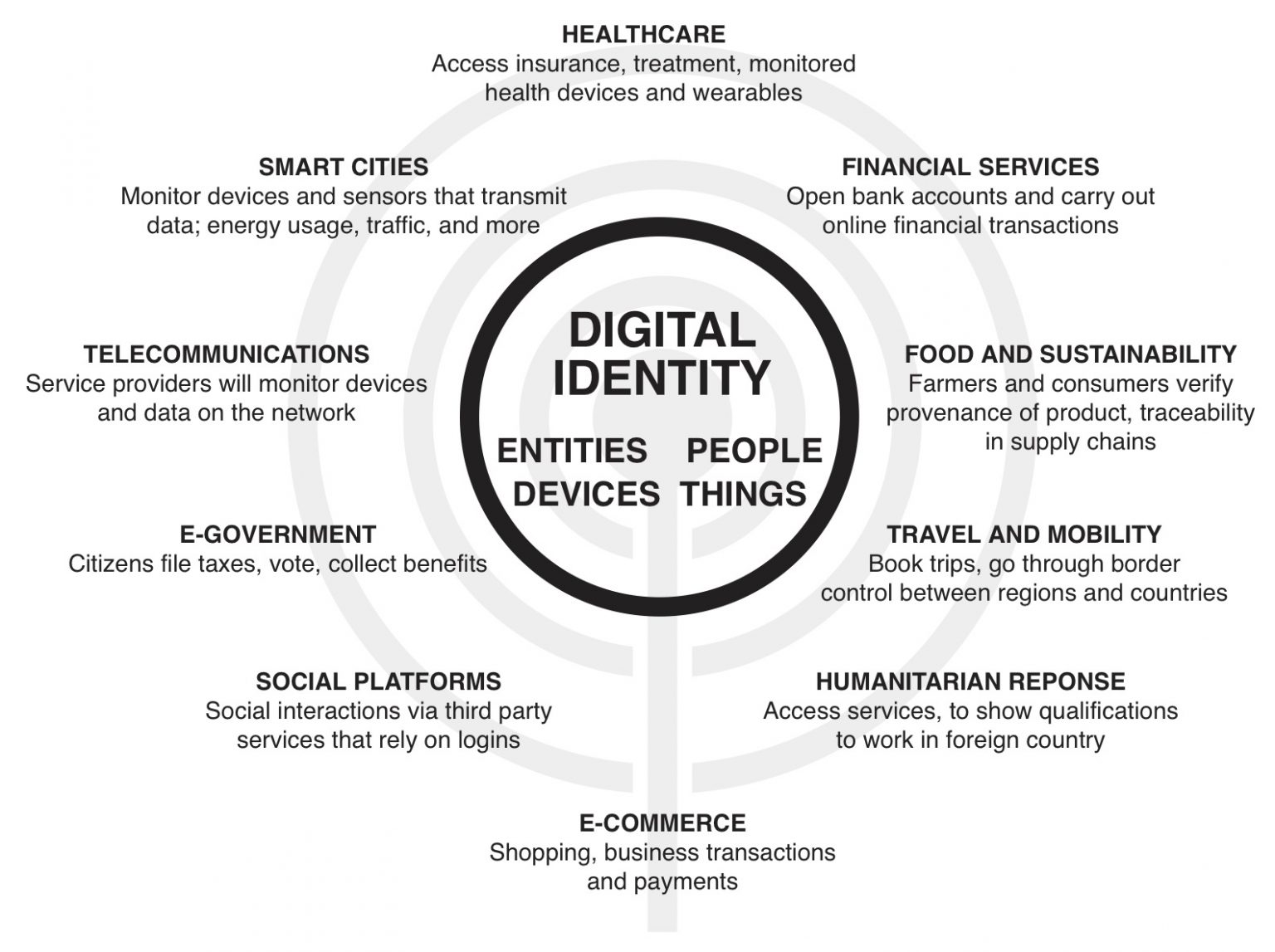The New York Times called it a “mystery,” but the United States executed a covert sea operation that was kept secret—until now
Geopolitics
Browse the articles related to this topic below.
Join our community on Guilded.
Oliver Stone is a filmmaker with 3 Oscar wins and 11 Oscar nominations. His films include Platoon, Wall Street, Born on the Fourth of July, Scarface, JFK, Nixon, Alexander, W, Snowden, and documentaries where he has interviewed Fidel Castro, Hugo Chavez, and Vladimir Putin.
OUTLINE:
0:00 – Introduction
2:54 – Nuclear power
15:52 – Russia and US relations
21:07 – JFK and the Cold War
26:24 – Interviewing Putin
50:02 – Invasion of Ukraine
59:20 – Why Putin invaded Ukraine
1:13:44 – Propaganda
1:21:02 – Interviewing Putin in 2022
1:28:17 – Nuclear war
1:34:28 – Advice on interviewing
1:38:09 – Interviewing Hitler
1:41:30 – Putin interview language barrier
1:42:41 – Love
1:44:36 – Advice to young people
1:47:42 – Mortality
1:48:44 – Regrets
1:50:41 – Meaning of life
Oliver Stone’s The Putin Interviews (2017)
Revealing Ukraine (2019)
Ukraine on Fire (2016)
The Untold History of the United States (2012)
- Chapter 1: World War II
- Chapter 2: Roosevelt, Truman & Wallace
- Chapter 3: The Bomb
- Chapter 4: The Cold War: 1945-1950
- Chapter 5: The ’50s: Eisenhower, the Bomb & The Third World
- Chapter 6: JFK: To the Brink
- Chapter 7: Johnson, Nixon & Vietnam: Reversal of Fortune
- Chapter 8: Reagan, Gorbachev & Third World: Rise of the Right
- Chapter 9: Bush & Clinton: American Triumphalism – New World Order
- Chapter 10: Bush & Obama: Age of Terror
See the full episode playlist on Odysee.
Catherine Austin Fitts speaks with Karel van Wolferen Dutch journalist, writer and professor, about the war in Ukraine and how it ties into the economic reset.

Published September 2000
Established in the spring of 1997, the Project for the New American Century is a nonprofit, educational organization whose goal is to promote American global leadership. The Project is an initiative of the New Citizenship Project. William Kristol is chairman of the Project, and Robert Kagan, Devon Gaffney Cross, Bruce P. Jackson and John R. Bolton serve as directors. Gary Schmitt is executive director of the Project.
At present the United States faces no global rival. America’s grand strategy should aim to preserve and extend this advantageous position as far into the future as possible.KEY FINDINGS
ESTABLISH FOUR CORE MISSIONS for U.S. military forces:
• defend the American homeland;
• fight and decisively win multiple, simultaneous major theater wars;
• perform the “constabulary” duties associated with shaping the security environment in
critical regions;
• transform U.S. forces to exploit the “revolution in military affairs;”To carry out these core missions, we need to provide sufficient force and budgetary allocations. In particular, the United States must:
MAINTAIN NUCLEAR STRATEGIC SUPERIORITY, basing the U.S. nuclear deterrent upon a global, nuclear net assessment that weighs the full range of current and emerging threats, not merely the U.S.-Russia balance.
RESTORE THE PERSONNEL STRENGTH of today’s force to roughly the levels anticipated in the “Base Force” outlined by the Bush Administration, an increase in active-duty strength from 1.4 million to 1.6 million.
REPOSITION U.S. FORCES to respond to 21st century strategic realities by shifting permanently-based forces to Southeast Europe and Southeast Asia, and by changing naval deployment patterns to reflect growing U.S. strategic concerns in East Asia. Rebuilding America’s Defenses: Strategy, Forces and Resources for a New Century
MODERNIZE CURRENT U.S. FORCES SELECTIVELY, proceeding with the F-22 program while increasing purchases of lift, electronic support and other aircraft; expanding submarine and surface combatant fleets; purchasing Comanche helicopters and medium-weight ground vehicles for the Army, and the V-22 Osprey “tilt-rotor” aircraft for the Marine Corps.
CANCEL “ROADBLOCK” PROGRAMS such as the Joint Strike Fighter, CVX aircraft carrier, and Crusader howitzer system that would absorb exorbitant amounts of Pentagon funding while providing limited improvements to current capabilities. Savings from these canceled programs should be used to spur the process of military transformation.
DEVELOP AND DEPLOY GLOBAL MISSILE DEFENSES to defend the American homeland and American allies, and to provide a secure basis for U.S. power projection around the world.
CONTROL THE NEW “INTERNATIONAL COMMONS” OF SPACE AND “CYBERSPACE,” and pave the way for the creation of a new military service – U.S. Space Forces – with the mission of space control.
EXPLOIT THE “REVOLUTION IN MILITARY AFFAIRS” to insure the long-term superiority of U.S. conventional forces. Establish a two-stage transformation process which
• maximizes the value of current weapons systems through the application of advanced technologies, and,
• produces more profound improvements in military capabilities, encourages competition between single services and joint-service experimentation efforts.INCREASE DEFENSE SPENDING gradually to a minimum level of 3.5 to 3.8 percent of gross domestic product, adding $15 billion to $20 billion to total defense spending annually.
In an exclusive and explosive one-hour interview with Veronika Kyrylenko of The New American, pioneering mRNA scientist Dr. Robert Malone explains the intensely corrupt workings of the government regulatory bodies that have mismanaged the pandemic, discusses the problems with the vaccine program and delves into potentially explosive and game-changing revelations about the shady origins of the Covid-19 pandemic in Wuhan, China.
How is the Davos World Economic Forum involved in the coronavirus pandemic?
The Davos World Economic Forum (WEF) is a premier forum for governments, global corporations and international entrepreneurs. Founded in 1971 by engineer and economist Klaus Schwab, the WEF describes its mission as “shaping global, regional and industry agendas” and “improving the state of the world”. According to its website, “moral and intellectual integrity is at the heart of everything it does.”

In an age of high energy costs and constricted supply, inflation and unemployment rose together. Forced to choose, governments and central banks decided to prioritise controlling inflation. Western governments made it harder for trade unions to strike, curtailing the ability of workers to demand higher wages. The US Federal Reserve then administered a severe monetary shock to the world economy. In driving interest rates up to exceptionally high levels, Paul Volcker, the chair of the Federal Reserve, accelerated the de-industrialisation of most Western economies.
Published 13 Oct 2009
History remembers Benito Mussolini as a founder member of the original Axis of Evil, the Italian dictator who ruled his country with fear and forged a disastrous alliance with Nazi Germany. But a previously unknown area of Il Duce’s CV has come to light: his brief career as a British agent.
Archived documents have revealed that Mussolini got his start in politics in 1917 with the help of a £100 weekly wage from MI5.
For the British intelligence agency, it must have seemed like a good investment. Mussolini, then a 34-year-old journalist, was not just willing to ensure Italy continued to fight alongside the allies in the first world war by publishing propaganda in his paper. He was also willing to send in the boys to “persuade” peace protesters to stay at home.
Mussolini’s payments were authorised by Sir Samuel Hoare, an MP and MI5’s man in Rome, who ran a staff of 100 British intelligence officers in Italy at the time.
We are currently witnessing the formation of nothing less than a “new world order,” with the existing international legal system fracturing and states taking sides in a fresh Cold War, Russia’s deputy defense minister has told RT.
From Security Magazine, 29 January 2020, citing the Maplecroft Civil Unrest Index.
A quarterly Civil Unrest Index reveals that over the past year 47 jurisdictions have witnessed a significant uptick in protests, which intensified during the last quarter of 2019.
This includes locations as diverse as Hong Kong, Chile, Nigeria, Sudan, Haiti and Lebanon.During this period, Chile and Hong Kong have plummeted in the ranking of 198 countries, from 91st to 6th and 117th to 26th highest risk respectively, says the Maplecroft Civil Unrest Index. Other hotspots, including Nigeria (ranked 8th), Lebanon (13th) and Bolivia (21st), have also recorded some of the biggest negative swings in the index.
https://www.securitymagazine.com/articles/91622-in-2020-47-countries-witness-surge-in-civil-unrest
In the first half of 2020, responses to the COVID-19 pandemic led to steep declines in global petroleum demand and to volatile crude oil markets. The second half of the year was characterized by relatively stable prices as demand began to recover. As petroleum demand fell and U.S. crude oil inventories increased, West Texas Intermediate (WTI) crude oil traded at negative prices on April 20, the first time the price for the WTI futures contract fell to less than zero since trading began in 1983. The next day, Brent crude oil, another global crude oil price benchmark, fell to $9.12 per barrel (b), its lowest daily price in decades.


The future of citizen data systems – GOV.UK
Citizen data is growing rapidly in volume and variety, and is increasingly internationally mobile. This has the potential to bring huge benefits to the economy and society, but also increased risks.
This report examines different approaches to the governance, control and use of citizen data across the world. It aims to inform public debate and government decisions with an international, whole-system view of citizen data. Variations in regional data systems both reflect and determine developments in the economy, security and society.